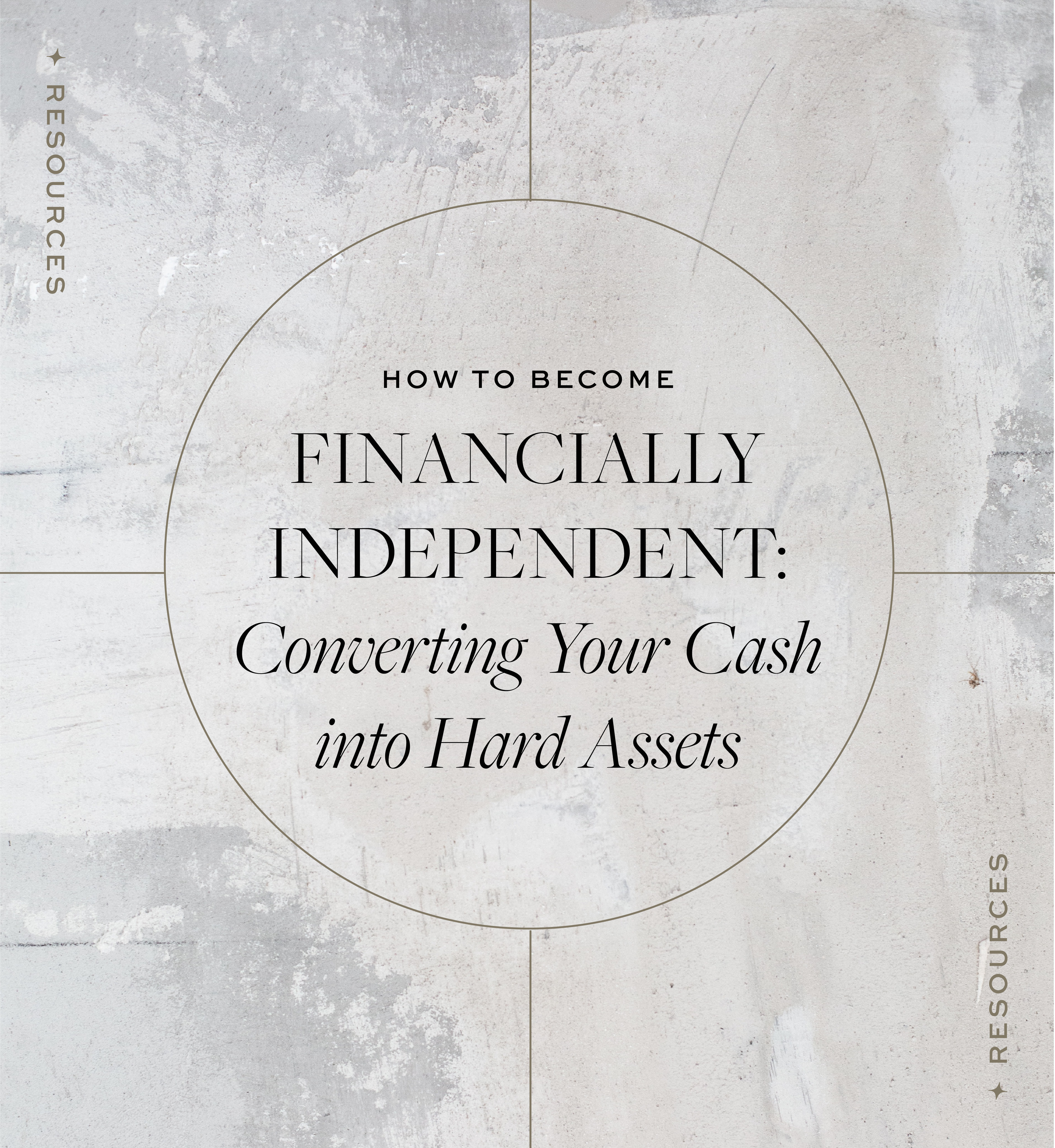Investment options ultimately depend on income, goals, personal preference, beliefs and comfort levels. Once you have enough personal income coming in from your business, once you are self-sustaining and have emergency funds put away, it is a great time to consider investing your cash and converting it into assets. In this article we discuss why this is beneficial and some of the ways you can make this happen.
The “Why”
- inflation
Getting into hard assets and investing your money allows your money to work for you. But, due to increasing inflation and the state of our monetary system, it also has clear advantages over storing your access money in a bank. In a provocative, but not totally inaccurate statement, Michael Saylor compares cash to a melting ice cube. Read more here: MicroStrategy CEO Compares US Dollar to Melting Ice After Increasing Bitcoin Portfolio to $425,000,000 in BTC - multiple streams of income + freedom
Once you are invested in other ventures, you now have multiple streams of income. It is no longer the sole responsibility of your small business, or your job, to provide your entire financial security and freedom. This provides freedom of time, of choices, and of lifestyle. Investing can provide extra security during a very unpredictable time; it can create sovereignty
over your life and choices. - easier work load
You no longer have to work as hard because now you have multiple streams of revenue. Your man hours do not equal your income. - allows you to take more risk
Once you are bringing in money from multiple sources of assets, this provides more security. With more security, there is more breathing room. When you are not in the state of fight or flight, trying to make sure you’re paying your bills, you gain more confidence. Your head space shifts, as does your vision. With more confidence, you are able to entertain greater ideas and take on more risk.
The “How”
Here are some options on ways to invest your cash:
- real estate
- Real estate is often a promising and traditional investment option. As with all investments, it has its pros and cons and is not without risk. Read more here: Real Estate Investing for Beginners and A Real Estate Investor’s Guide to Active vs. Passive Income
- There is a difference between active real estate (flipping houses, purchasing property – which requires large capital) versus passive real estate (which requires less capital). An example of passive real estate is Fundrise.
- Read more here: Understanding Active vs Passive Real Estate Investing
- stock market
There’s a wide array of options for investing in the stock market. You can invest large or small, long-term or short-term. You can invest in stocks in the traditional method, using a brokerage account, or using a mobile app, such as Webull or Robinhood. Read more here: A Beginners Guide to Investing in Stocks - bonds
Here is a great article that highlights how bonds work, along with the benefits and drawbacks: How Bonds Work & How to Invest in Them - precious metals
How to Invest in Gold and Silver: Precious Metals Investing Guide - cryptocurrency
There are many options for investing in crypto currency. While Bitcoin is the most well-known, there are many alternative coins as well. Crypto has seen a huge influx of interest and growth in the last year, especially. It is a very promising industry, but one with a large learning curve. Any investment, including this one, comes with risk. Read more here: How to Invest in Cryptocurrency






